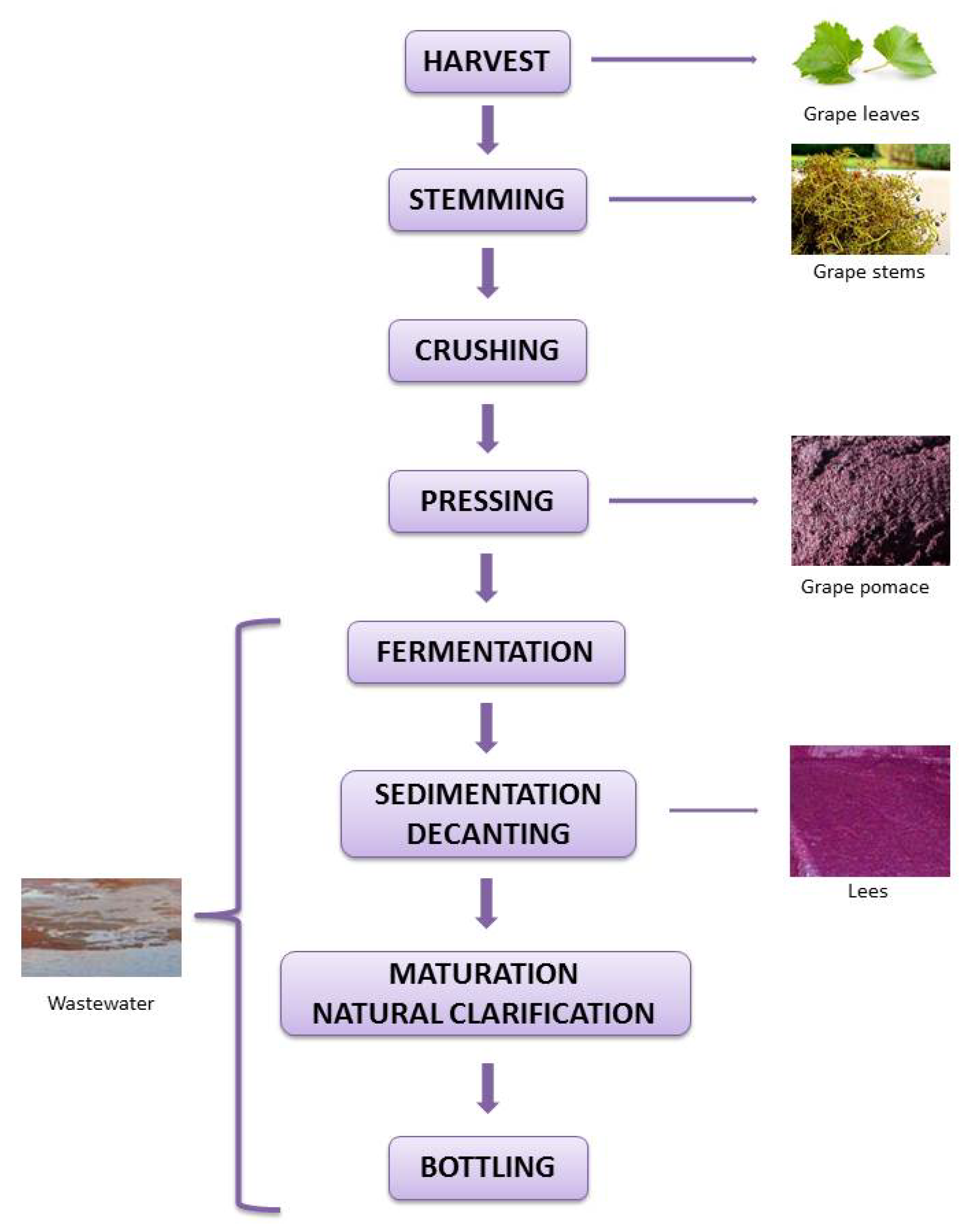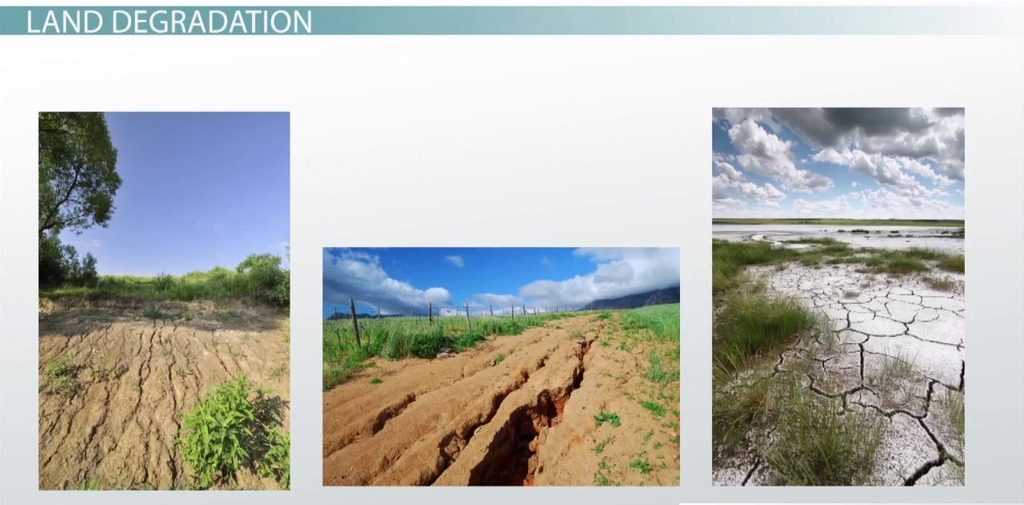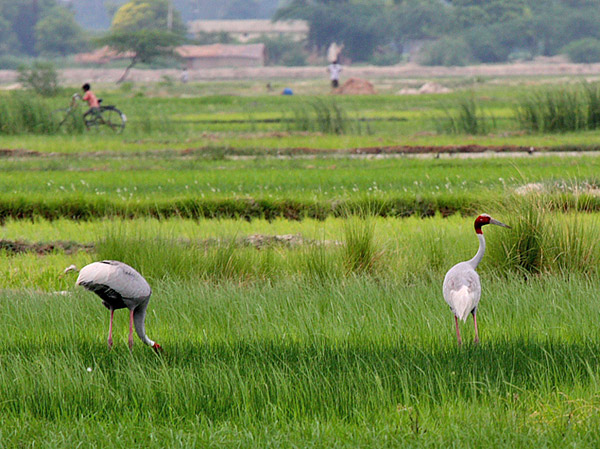When you think about wine, you might picture picturesque vineyards bathed in the golden glow of the sun, with rows of grapevines stretching as far as the eye can see. While this idyllic image may be accurate in many cases, the wine industry, like many other agricultural sectors, faces the pressing need to adopt more sustainable practices.
In recent years, consumers have become increasingly conscious of the environmental impact of their choices. This awareness has prompted a shift towards sustainable products, including wine. In this guide, we’ll delve into the world of sustainable wine production, exploring what it means, why it’s important, and how vineyards and wineries are embracing eco-friendly practices to create wines that are not only delightful to the palate but also kind to the planet.
What is Sustainable Wine Production?
Sustainable wine production is a holistic approach that takes into account the environmental, social, and economic aspects of winemaking. It aims to minimize the negative impact on the environment while maintaining the health of vineyards and the well-being of the people involved in the process. Sustainable winemaking goes beyond organic or biodynamic practices, encompassing a broader set of principles.
Organic Farming: A Pillar of Sustainability
One of the cornerstones of sustainable wine production is organic farming. Organic vineyards eschew synthetic pesticides, herbicides, and fertilizers, relying instead on natural methods to protect the vines and the soil. These methods include the use of beneficial insects, cover crops, and compost.
The absence of synthetic chemicals in organic vineyards has several benefits. First and foremost, it reduces the exposure of vineyard workers to harmful substances. It also promotes soil health by encouraging biodiversity and enhancing the natural balance of the ecosystem. Healthy soils, in turn, yield grapes with more complex flavors and aromas.
Eco-Friendly Wineries
Sustainability doesn’t stop at the vineyard. Eco-friendly wineries are an integral part of the equation. These wineries focus on minimizing their carbon footprint, conserving energy, and reducing waste. Here are some of the ways they do it:
- Solar Power: Many wineries are harnessing the power of the sun by installing solar panels on their properties. This not only reduces electricity bills but also contributes to a cleaner environment.
- Water Conservation: Wineries consume significant amounts of water for cleaning, irrigation, and other processes. Sustainable wineries implement water-saving technologies, such as rainwater harvesting and wastewater treatment systems, to minimize water usage.
- Recycling and Reuse: Recycling isn’t limited to glass bottles. Wineries are finding innovative ways to recycle or repurpose waste materials, from grape pomace to old barrels.
- Sustainable Packaging: Beyond the wine itself, wineries are exploring sustainable packaging options, like lightweight bottles and alternative materials for closures.
Biodiversity and Conservation
Biodiversity plays a crucial role in sustainable wine production. Healthy ecosystems, with a variety of plants and animals, create a more balanced environment that benefits vineyards. Some wineries are even setting aside portions of their land for conservation, allowing native flora and fauna to flourish.
By promoting biodiversity, winemakers can reduce the need for chemical interventions while improving soil quality. Additionally, the presence of diverse plant life can help control pests naturally. It’s a win-win for both the environment and the wine.
The Human Element
Sustainability in wine production isn’t just about the land and the grapes; it’s also about the people who make it all happen. Fair labor practices and community engagement are vital aspects of sustainability. This includes providing fair wages and safe working conditions for vineyard workers and supporting the local communities in which wineries operate.
Many sustainable wineries actively participate in social responsibility initiatives, such as education programs and healthcare services for their employees. By investing in their workforce and communities, these wineries help create a more equitable and sustainable future for all.
The Future of Sustainable Wine
As consumers continue to prioritize sustainability, the wine industry will likely see a continued shift towards eco-friendly practices. Wineries that embrace sustainability not only contribute to a healthier planet but also position themselves as leaders in a rapidly changing market.
Whether you’re a wine enthusiast or someone who enjoys the occasional glass, choosing sustainably produced wine can make a significant difference. It’s a way to savor the flavors of the world while preserving its beauty for generations to come. Cheers to a more sustainable future, one bottle of wine at a time!
Sustainable Certifications
To help consumers make informed choices, various organizations offer sustainability certifications for wineries. These certifications ensure that the wine producers adhere to specific environmental and social standards. Here are a few notable certifications:
- USDA Organic: In the United States, the USDA Organic certification guarantees that the grapes used in winemaking are grown without synthetic pesticides, herbicides, or genetically modified organisms (GMOs). Additionally, wineries must follow organic winemaking practices.
- Demeter Biodynamic Certification: Biodynamic farming takes organic principles a step further, emphasizing a holistic approach to agriculture. Demeter certification goes beyond the vineyard, encompassing the entire farm or estate. It includes practices like lunar planting calendars and herbal preparations to enhance soil health.
- Certified Sustainable: Some regions have developed their own sustainability certifications, tailored to the unique challenges and characteristics of their vineyards. Examples include the California Sustainable Winegrowing Alliance and Oregon LIVE (Low Input Viticulture and Enology).
- Fair Trade: While not specific to wine, Fair Trade certifications ensure that workers involved in grape cultivation and winemaking receive fair wages and are treated ethically.
When shopping for sustainable wines, look for these certifications on the label to make choices aligned with your values.
Sustainable Wine Regions
Sustainable winemaking is a global movement, and many wine-producing regions are embracing these practices. Here are a few regions known for their commitment to sustainability:
- California, USA: California leads the way in sustainable wine production, with many wineries following organic, biodynamic, or certified sustainable practices. The state’s diverse climate and terroir make it an ideal place for experimenting with eco-friendly viticulture.
- New Zealand: New Zealand is renowned for its pristine landscapes, and the wine industry here is dedicated to preserving this natural beauty. Many New Zealand wineries prioritize sustainability, focusing on organic and biodynamic farming methods.
- South Africa: South African wineries are increasingly adopting sustainable practices, including Fair Trade certification. The country’s wine regions, such as Stellenbosch and Paarl, offer a rich tapestry of vineyards committed to eco-friendly winemaking.
- France: The birthplace of fine wine, France is also making strides in sustainable viticulture. Regions like Bordeaux and Burgundy are seeing more wineries implementing organic and biodynamic practices.
Your Role as a Sustainable Wine Consumer
As a consumer, you have the power to drive positive change in the wine industry. Here’s how you can make a difference:
- Educate Yourself: Learn about sustainable wine production and the various certifications available. The more you know, the better equipped you are to make informed choices.
- Support Sustainable Wineries: Seek out wines from producers that prioritize sustainability. Look for certifications on the label or do some research online before making a purchase.
- Engage in Responsible Consumption: Enjoy wine responsibly and savor the flavors without excess. Reducing waste and recycling wine bottles are also simple yet effective steps.
- Advocate for Change: Share your passion for sustainable wine with friends and family. Encourage them to join you in supporting eco-friendly wineries.
- Visit Sustainable Wineries: If you have the opportunity, visit sustainable wineries to see their practices firsthand. It’s an excellent way to connect with the winemakers and gain a deeper appreciation for their efforts.
In Conclusion
Sustainable wine production is not just a trend; it’s a necessary evolution for the wine industry. It’s about more than just producing great wine; it’s about preserving the land, supporting communities, and ensuring a future where we can continue to enjoy the beauty of vineyards and the pleasures of wine.
By choosing sustainably produced wine and advocating for eco-friendly practices, you become a part of this movement. Together, we can raise a glass to a more sustainable future, where every sip of wine is a celebration of the planet’s enduring beauty and vitality. Cheers!






